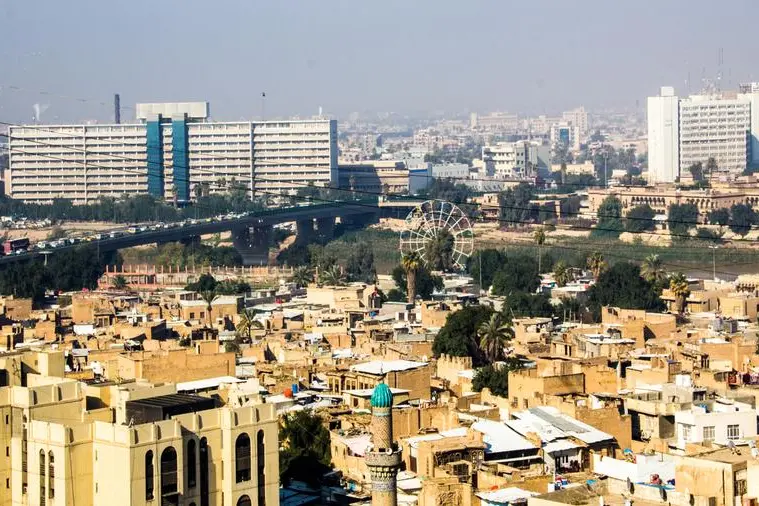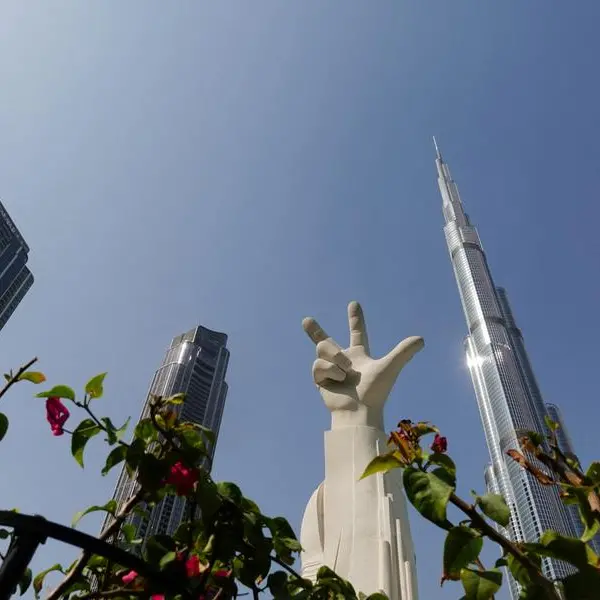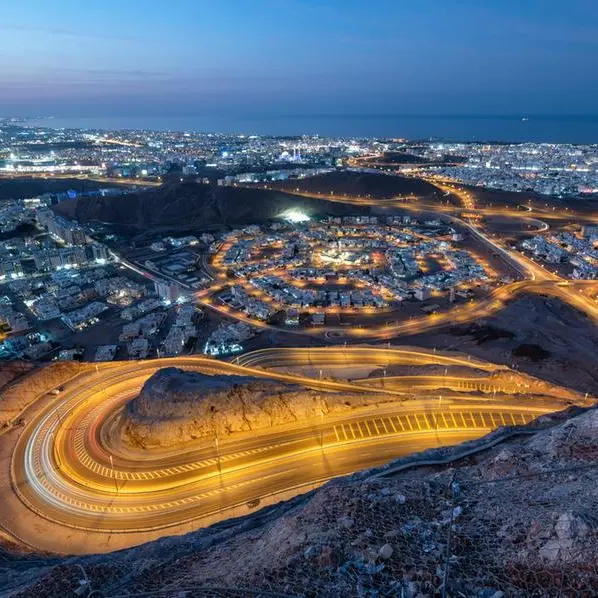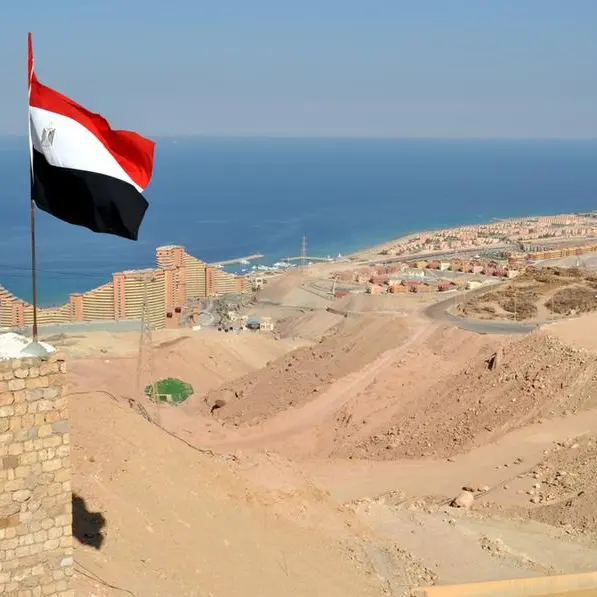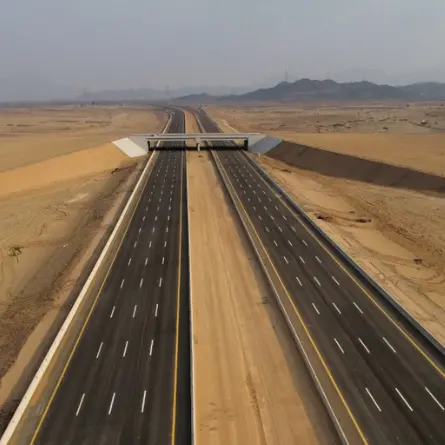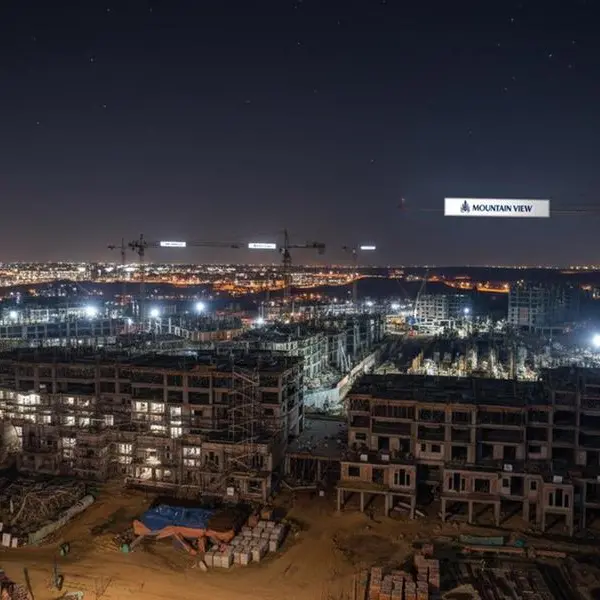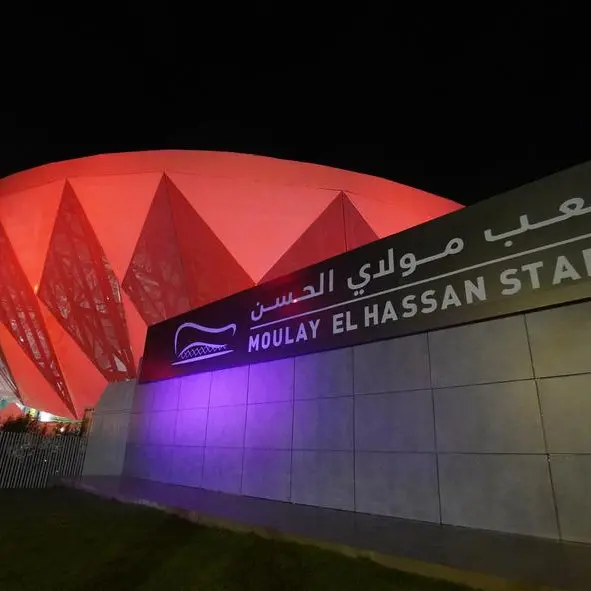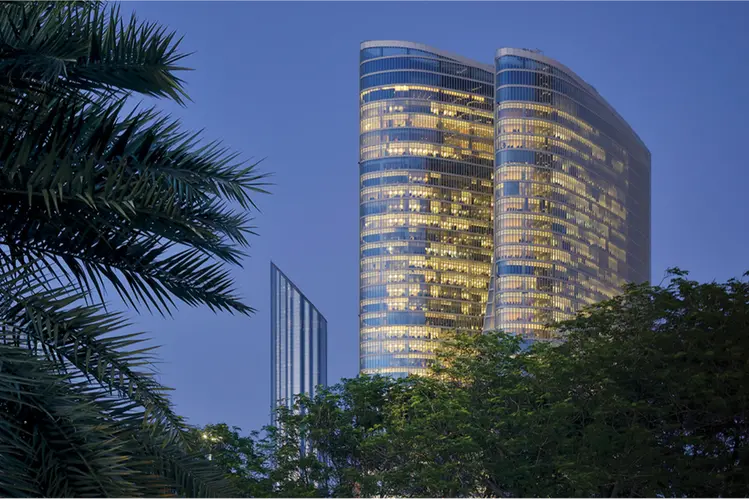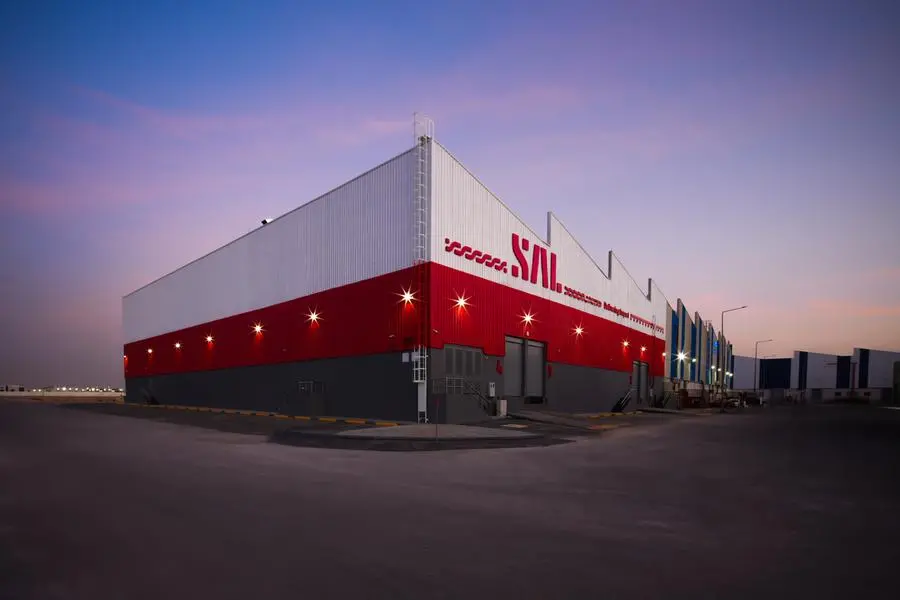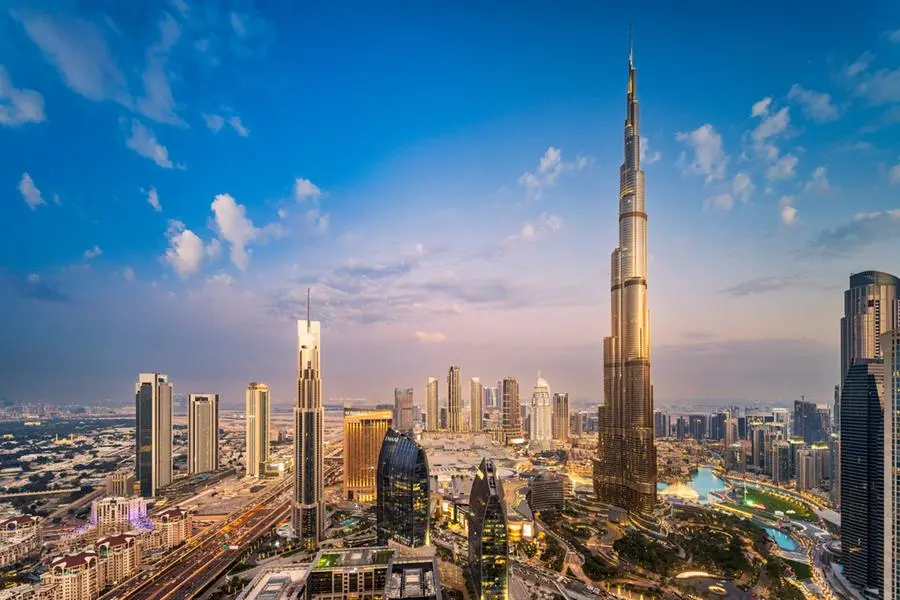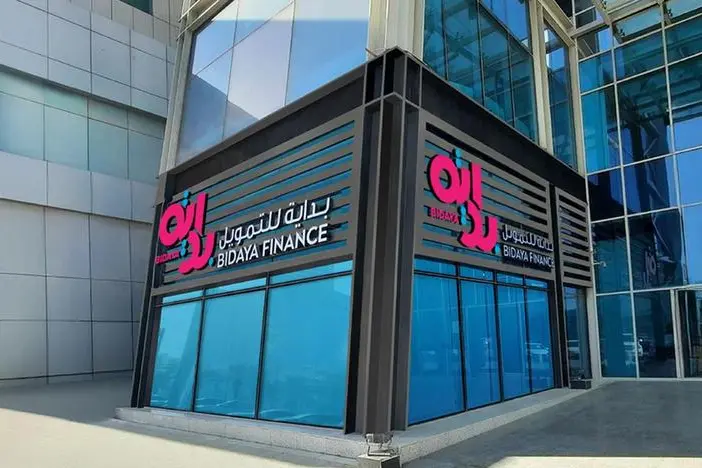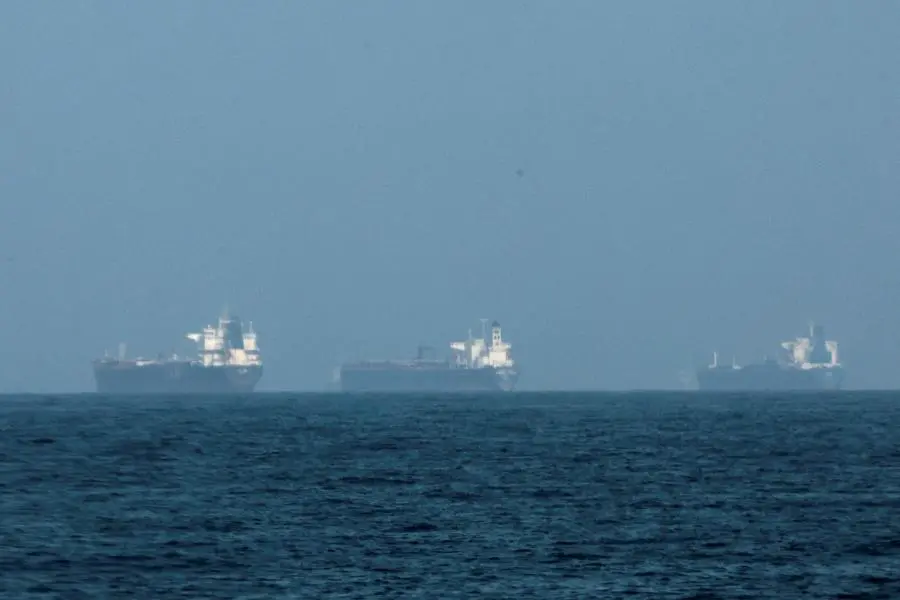PHOTO
Under Prime Minister Mohammed Shia' Al Sudani, the Iraqi government is increasingly looking to public-private partnerships (PPPs) to finance major development projects over the next two years, according to Mudher Muhammad Saleh, the government's financial advisor.
"Article 35 of the Companies Law allows for converting public companies into public joint-stock companies, bringing in private investment. The Economic Reform Law, currently before parliament, could provide additional frameworks for PPPs," he said in an interview with Zawya Projects.
Saleh said the government's development strategy revolves around diversification, reducing reliance on oil revenues and infrastructure development, fostering partnerships to drive sustainable growth, and implementing economic and financial sector reforms to attract foreign investments that leverage the OPEC member's abundant natural and human resources.
"Efforts are being made to attract foreign investors through partnerships and sovereign guarantees," he said.
Saleh also pointed out that the government's policies emphasise social spending to alleviate poverty and address environmental challenges like water scarcity and desertification.
Technological advancement is vital to Iraq's future development, he noted.
"Technology transfer is crucial, especially in the digital sector and water resource management. In his recent meeting with major investors in the Netherlands, the Iraqi PM signalled that Iraq prioritises acquiring advanced irrigation and water technologies that can contribute to the nation's progress," he said.
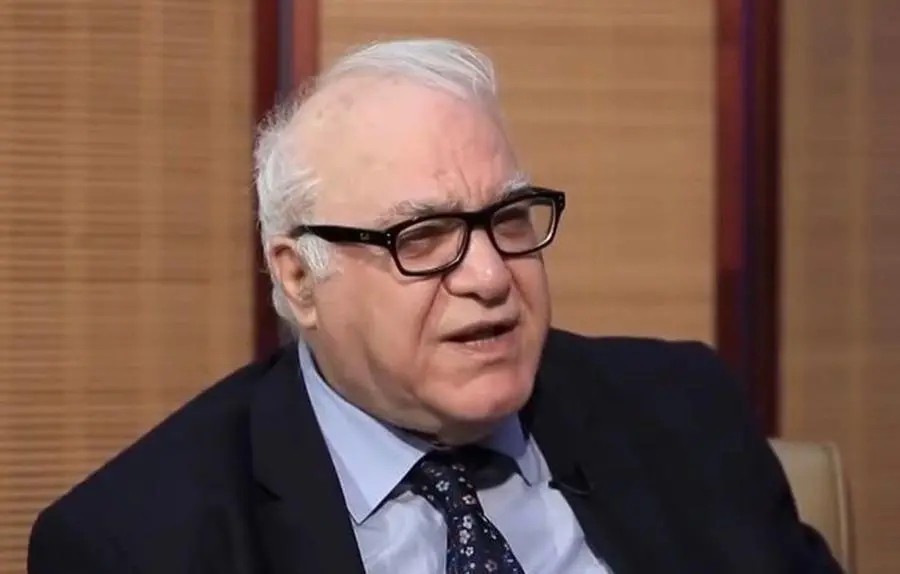

Excerpts from the interview
What are the current economic challenges facing the Iraqi economy and the strategies adopted to deal with them?
The primary challenges confronting the Iraqi economy revolve around environmental issues, particularly water scarcity and desertification. Additionally, its heavy reliance on a singular revenue source—oil—poses a significant obstacle. Therefore, disentangling the Iraqi economy from this dependency and fostering diversification are imperative steps forward.
Could you elaborate on the critical financial and economic policies implemented by the government and their impact?
Iraq's financial policy mirrors the government program ratified by the Iraqi Parliament in October 2022, with two principal objectives. Firstly, it emphasises social spending to reduce poverty by extending social welfare coverage to over a million families. This entails broadening the food assistance program and curbing unemployment rates by recruiting nearly one million government employees.
Secondly, it aims to enhance tangible services, which have declined since the Iraq-Iran war in the 1980s. Infrastructure such as water supply, healthcare, roads, and bridges have also declined, prompting the government to prioritise these areas in its spending allocations. This is complemented by strategic financial spending in cooperation with the private sector.
However, fiscal responsibility and financial discipline go hand in hand. The state is committed to supporting development while maximising its resources, striking a balance between fostering development and revenue collection for the budget. Financial consolidation seeks to reduce the budget deficit and decrease the debt burden. Iraq's financial policy is geared towards achieving this objective in the medium and long term, aiming to prevent the recurrence of past financial, security, and health crises experienced by the country, particularly between 2014 and 2021.
What are the potential investment opportunities in Iraq, and what efforts have been made to attract foreign investors?
The investment potential in Iraq is substantial. It ranks ninth globally in terms of natural resource abundance and holds the distinction of having the highest density of natural resources per square kilometre. Currently, the government's strategy revolves around fostering investments through global partnerships to capitalise on these resources and develop extensive value chains within the country. The focus is on value addition through processing and manufacturing rather than simply exporting raw materials.
Iraq also offers public-private partnership opportunities in developing natural resources, agriculture, implementing advanced water technologies and partnership with the private sector. These opportunities are backed by sovereign guarantees.
Could you provide insights into Iraq's exchange rate system and its impact on the stability of the national currency?
Iraq maintains a fixed exchange rate system, currently at 1,320 Iraqi dinars per US dollar. This system is supported by a currency platform that fulfils two essential functions: facilitating financing for the private sector's foreign trade and ensuring stability in exchange rates. If Iraq implements more efficient and compliant external transfer channels, this could lead to greater exchange rate stability. Despite the unofficial parallel foreign exchange market, the official rate has prevailed. Inflation has fallen from 7% at the beginning of the year to 3.7% by year-end, reflecting a slowdown in price increases. This suggests the government's monetary policies are having a positive impact. However, challenges remain. Restrictions on currency exchange and the ongoing geopolitical situation continue to influence the market. However, I believe Iraq's progress in achieving price stability is a testament to the effectiveness of monetary policy, mainly when working in tandem with solid government and fiscal policies.
Could you outline the key initiatives in terms of infrastructure development?
A well-known principle regarding infrastructure investment is that a one percent increase in infrastructure spending can result in a 1.5-2 percent boost in economic output. Recognising this potential, the Iraqi state is prioritising infrastructure development as a key driver of future growth.
This comprehensive approach spans from municipal-level initiatives to large-scale endeavors like 'The Development Road,' a mega multi-multimodal transportation project that includes industrial cities and commercial hubs. There is a national infrastructure development programme and a broad strategy for the provinces.
Shifting to a three-year budget planning cycle has brought greater flexibility and efficiency to Iraq's investment strategy. This allows for prioritising transformative projects that will significantly impact the nation's development in the coming years. Key focus areas include fostering a robust manufacturing sector and maximising the potential of natural resources.
Iraq prioritises programs that directly impact people's lives. Initiatives like social care, food assistance, and access to essential medications receive the greatest focus because they can provide immediate support and long-term sustainability, directly benefiting low-income families.
What are the strategies adopted to manage economic risks and uncertainty?
The strategies employed encompass a multi-faceted approach, primarily focusing on upholding national security and stability while addressing the environmental challenges of water scarcity and desertification. The state focuses on these two issues because they are essential for internal security and sustainable development. Despite facing various internal or external challenges, the country remains resolute in its commitment to safeguarding its stability and sovereignty. National agencies collaborate closely, coordinating their actions to counter threats and preserving the nation's security across economic, individual, and social domains.
Could you offer insights into the government's strategy regarding Public-Private Partnerships (PPPs) and their utilisation to advance development and infrastructure initiatives in Iraq?
Relying solely on oil revenues as a financing source for development poses significant risks. When oil prices decline, the country tends to resort to borrowing and accumulating debt, making it vulnerable to economic instability. Iraq's new strategy facilitates cooperation between the state and the private sector to finance and operate projects.
Combining the resources of both the public and private sectors, domestic and international, creates a solid financial foundation for development and ensures sustainable financing.
Ensuring the sustainability of financing necessitates a departure from reliance solely on the state's oil assets. This aligns with the government's vision of fostering a partnership between the state and the private sector through Public-Private Partnerships (PPP), as outlined in Article 35 of the Companies Law. This allows for converting public companies into public joint-stock companies, bringing in private investment. The Economic Reform Law, currently before parliament, could provide additional frameworks for PPPs.
Today, the private sector in Iraq receives priority support and is provided with the necessary sovereign guarantees, aligning with the assurances granted to international investments.
Iraq is entering a new era of development aimed at diversifying its sources of income by investing in diverse natural and human resources, revitalising the manufacturing industry, and bolstering agricultural initiatives. The goal is to optimise value chains within Iraq, thereby sustaining the development momentum.
In a meeting in the Netherlands with international businessmen and investors, Iraqi Prime Minister Muhammad Shi'a Al-Sudani articulated six principles summarising the country's new development strategy:
The first principle: Economic reforms to diversify the economy and reduce dependence on oil.
The second principle: Supporting farmers by facilitating the adoption of modern water technologies and leveraging international expertise, particularly from the Netherlands.
The third principle: The state will offer sovereign guarantees to the private sector, covering up to 85 percent of the project's value, thereby ensuring the transfer of modern industries, technologies, and services to Iraq.
The fourth principle: Launch the Grand Faw Port project in 2025 as a key driver of development and economic progress in alignment with the development strategy.
The fifth principle: Reforming the financial and banking sector to establish competitive foundations aligned with international compliance standards. Financial and banking reform is the cornerstone of the government's broader reform programme, creating a more effective financing sector that can support development programmes and accelerate their implementation.
The sixth and last principle: Growing interest from the global financial and banking market to establish a presence in Iraq presents a significant opportunity to enhance the country's financing and investment environment and foster greater integration with the global economy.
These principles communicate the government's commitment to economic diversification through public-private partnerships, a message aimed at the global financial community.
(Reporting by Majda Muhsen; Editing by Anoop Menon)
Subscribe to our Projects' PULSE newsletter that brings you trustworthy news, updates and insights on project activities, developments, and partnerships across sectors in the Middle East and Africa.
